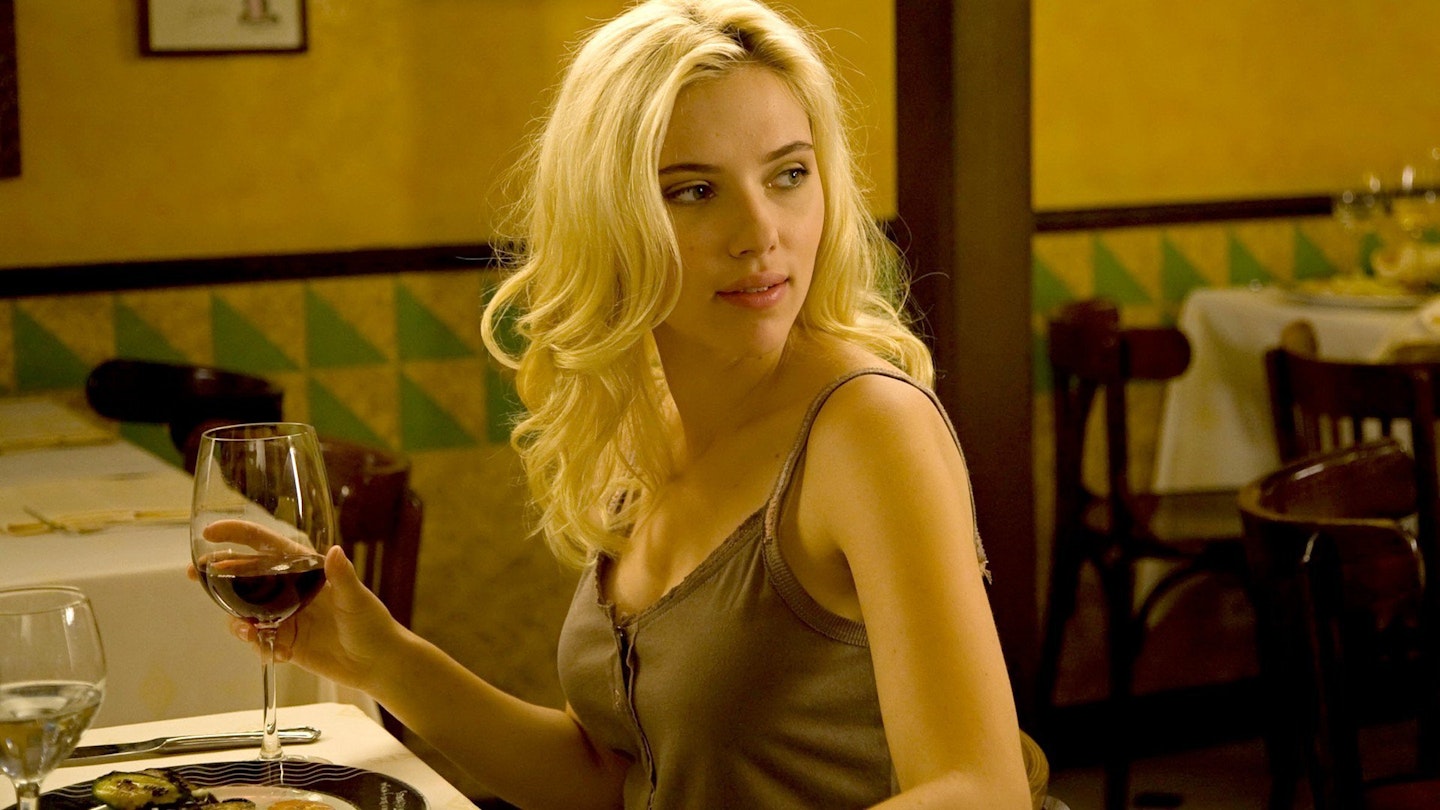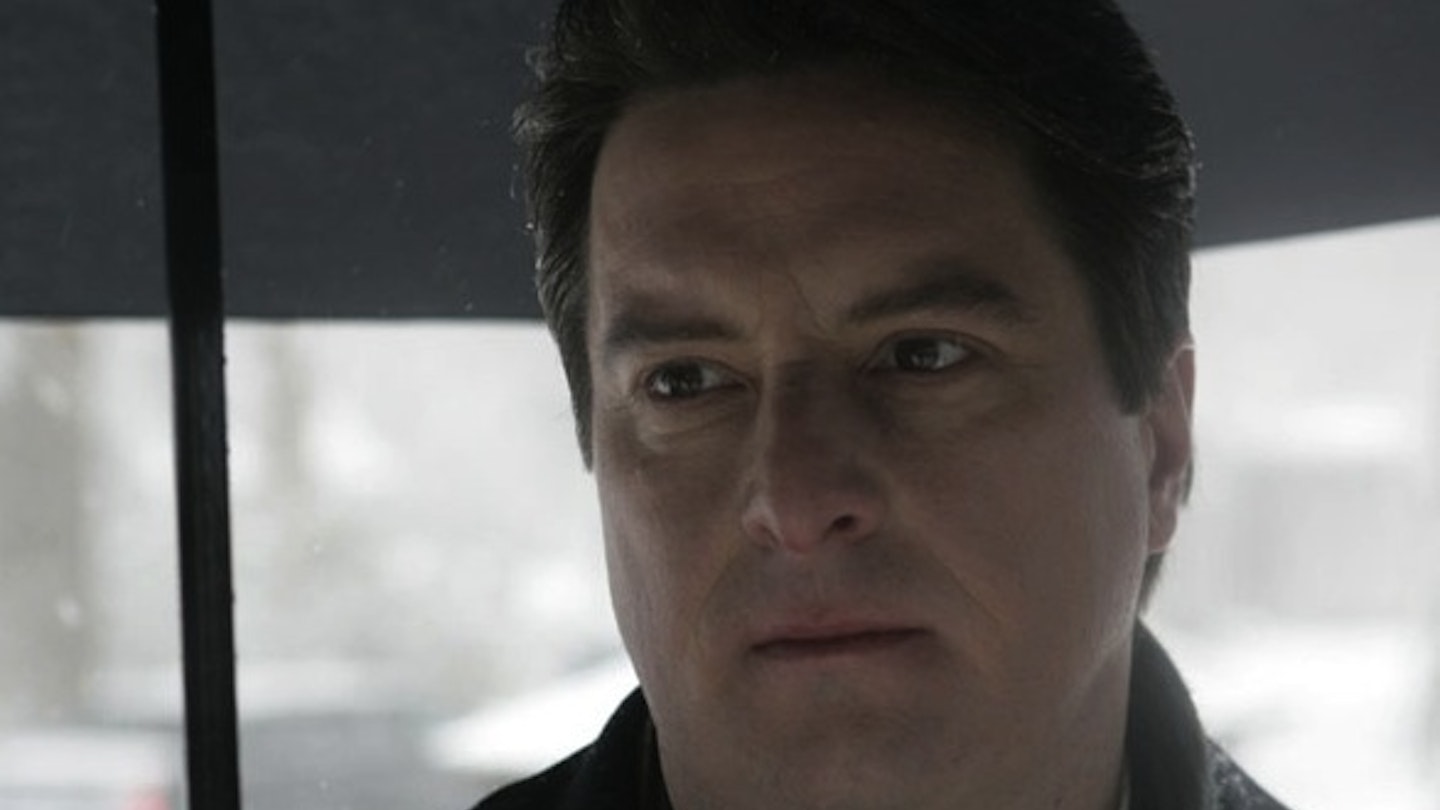After playing three engagements in London (Match Point, Scoop, Cassandra’s Dream), Woody Allen’s European Tour stops off in Spain and delivers the best gig so far. A dispatch from the battle between the head and heart, Vicky Cristina Barcelona may not have the zingy one-liners of golden age Woody, but it’s clear, perceptive and, most surprisingly, hot-headed and frisky. Rather than bring him out in freckles, the Catalan sun has heated up Allen’s art and heart, resulting in his most compelling flick for ages.
Vicky Cristina constantly plays America against Europe, security against passion, the need for dependency against the desire to follow artistic and emotional whims. If this sounds programmatic, it isn’t, mostly due
to the vibrant performances. In the liberated corner, Scarlett Johansson breezes by on her unique mix of charm, restlessness and sensuality. In the sensible corner, Allen seems to have channelled his own persona through a female character in Vicky, who is by turns neurotic and open, panicked and longing, trapped between her dull lawyer fiancé and a glimpse of a romantically fulfilled life — Rebecca Hall conveys it all and more.
But it is the Spanish who are the conquistadors of Vicky Cristina. Eons away from No Country’s Anton Chigurh, Bardem imbues his artist with tenderness and virility — he has enough charisma to nail the most resolute nun on a vow of chastity, let alone convince two Yank tourists to come away with him. But this is Cruz’s movie. Like Han Solo in Star Wars, just as things begin to get staid, her Maria Elena blows the entire film apart. She is impetuous (watch her seduce Johansson), touching and introspective, spinning from jubilant peaks to moody lows in a heartbeat and 100 per cent convincing — exactly the kind of thing that walks off with Best Supporting Actress gongs.
Even Allen’s most American work draws heavily on European traditions, and Vicky Cristina is no exception. If the ménage à trois and wry narration by Christopher Evan Welch call to mind Truffaut’s Jules Et Jim — like Truffaut, Allen doesn’t use voiceover to fill in backstory or underline what we’ve just seen, instead utilising it to cut to the best bits — in fact Vicky Cristina has much in common with Eric Rohmer’s films: beautiful people living out romantic tribulations while discussing art, love and life in long lunches, late-night dinners and stunning locales. Add the extended tourist jaunts — Allen throws in visits to beautiful Gaudí creations, the Miró museum and a stunning old amusement park — and it is hard to believe there is any film this year you would rather hang out in than Vicky Cristina Barcelona.
Ultimately, in exploring this distended romantic triangle, Allen never comes down on the side of either the dull stability of marriage or the unpredictability of the boho threesome, but his position remains clear. Vicky Cristina Barcelona is another in his persuasive arguments that love, for all the complexities and pain it throws up, is still worth chasing. And along with art, perhaps the only thing worth chasing.

